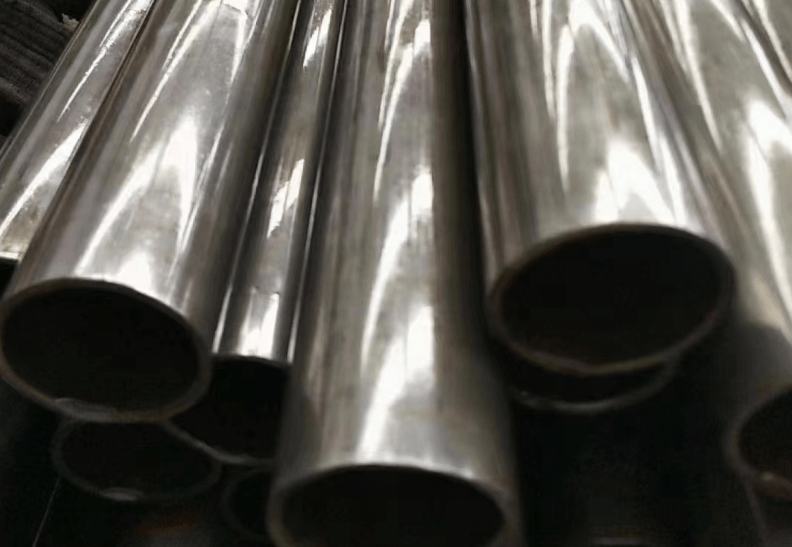Among various alloys, Monel, a unique nickel-copper alloy, stands out for its exceptional performance in chemical processing plants. The demands of these plants are particularly stringent, calling for materials that can withstand exposure to a wide range of corrosive chemicals, high temperatures, and pressure fluctuations. Monel meets these challenges head-on, offering superior corrosion resistance, mechanical properties, and long-term stability. In this article, let’s take a closer look at the Monel in chemical processing plants.

Monel in Chemical Processing Plants
Monel’s corrosion resistance is its most noteworthy feature in chemical processing plants. The alloy’s composition, which combines the corrosion-resistant properties of nickel with the strength and ductility of copper, creates a material that is highly resistant to attack by various chemicals. This resistance is particularly valuable in environments where acids, alkalis, and other corrosive agents are present. Monel’s ability to maintain its integrity in such conditions is critical in preventing equipment failure and ensuring continuous plant operation.
Moreover, Monel’s high nickel content gives it exceptional resistance to chloride-induced stress corrosion cracking, a common concern in chemical processing. Chloride ions, often present in chemical feedstocks and byproducts, can be highly corrosive to many metals. However, Monel’s microstructure and electrochemical properties render it largely immune to this type of corrosion, ensuring reliable performance even under severe conditions.
In addition to its corrosion resistance, Monel’s mechanical properties are also well-suited for chemical processing plants. The alloy maintains high tensile strength and ductility even at elevated temperatures, making it suitable for use in components that are exposed to heat during processing. This allows Monel to withstand the rigors of the chemical processing environment without compromising its structural integrity.
Furthermore, Monel’s resistance to fatigue and creep, two common modes of failure in high-temperature environments, makes it an ideal material for critical components such as valves, pumps, and heat exchangers. Its ability to maintain mechanical properties over a wide range of temperatures ensures reliable performance even under extreme conditions.
Monel’s workability and weldability also contribute to its popularity in chemical processing plants. The alloy can be easily formed and fabricated into complex shapes and structures, facilitating the design and construction of efficient processing equipment. Welds made on Monel maintain the same corrosion resistance and mechanical properties as the base metal, ensuring the structural integrity of welded components.
Conclusion
In summary, Monel’s unique combination of corrosion resistance, mechanical properties, and workability makes it an ideal material for use in chemical processing plants. Its ability to withstand the harsh conditions encountered in these plants, including exposure to corrosive chemicals, high temperatures, and pressure fluctuations, ensures reliable and efficient operation.
Thank you for reading our article and we hope it can help you to have a better understanding of the Monel in chemical processing plants. If you are looking for Monel Alloys suppliers online now, we would advise you to visit Huaxiao Alloy.
As a leading supplier of high-temperature alloys from Shanghai China, Huaxiao Alloy provides customers with high-quality Monel 400 and Monel K-500, Inconel 602 alloy, Hastelloy S Alloy, Inconel Alloy 600, Inconel Alloy 601, Inconel 625 UNS N06625, Hastelloy B3 (UNS N10675), Hastelloy D205, Hastelloy G30 (UNS N06030), and Hastelloy C-2000 at a very competitive price.



